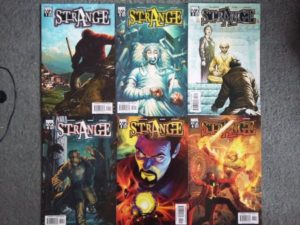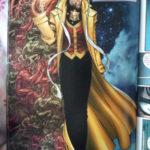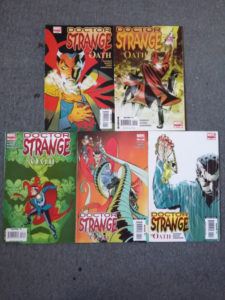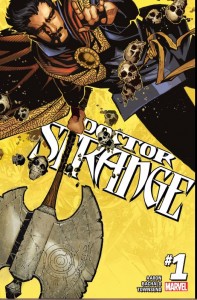The Patrick Melrose Novels: Never Mind
It is a challenging task to write about something society considers a taboo. British author Edward St Aubyn did just that with his semi-autobiographical book series commonly known as “The Patrick Melrose Novels” (published between 1992 and 2011). Threatened with death, lucid, sweat soaked and restless at night; sometimes he lost consciousness from the effort it took to save his own life. More than two decades passed until Patrick’s story, soon to be televised, found its witty, eloquent and carefully chosen words on printed paper – it is no bedtime story. Hence this five-part book review includes numerous trigger warnings [addiction, adultery, depression, domestic violence, incest, suicide, severe substance abuse, sexual assault] when needed, beginning with “Never Mind”.
The first volume is set in the South of France of the 1960s and introduces two handfuls of English upper-class characters relevant throughout all five novels. Most important of all the Melroses, a wealthy family of three: Title character five-year-old Patrick, a lively but solitary boy with an increasing potential of playful cruelty. His alcoholic mother Eleanor. His middle-aged but dominant father David, a former doctor who instills sadistic terror in his wife’s every being. They expect guests for dinner. This otherwise ordinary summer day takes an unexpected turn well before supper when Patrick is exposed to a kind of punishment no human being should ever have to endure – an experience, which splits his fortunate world of privilege in two.
“Patrick walked up a steep bank on a path that ran beside a bay tree and emerged next to the well. He was forbidden to play by the well. It was his favourite place to play. Sometimes he climbed onto the rotten cover and jumped up and down, pretending it was a trampoline. Nobody could stop him, nor did they often try. The wood was black where the blistered pink paint had peeled off. It creaked dangerously and made his heart beat faster.”(p.23)
Having read the Melrose book series in its entirety, it becomes clear St Aubyn’s works are formulaic in that each novel examines only one significant day in its protagonist’s life, the fourth titled “Mother’s Milk” being an exception. “Never Mind” (Picador) with its third person narrative is a beautifully written introduction spread across roughly 200 pages. As a sketcher of character, the author has created a variety of literate and frightfully authentic personalities, cynical and opinionated in speech. Since this novel’s foreground action itself is recognisably brief, it is their internal monologues and anecdotes, which reveal some of them to be pompous, but at times brutally honest and funny. Others are as horrible as only real life could shape them to be. The language St Aubyn’s characters inhabit is suitably English mixed with some basic French. The adult world little Patrick grows up in suffers from deeply rooted troubles beyond its French surroundings and comforting animals in “Never Mind”. Framed by a thin façade of upper class privilege, Patrick’s childhood comes to a sudden end that day: Trigger warning [incest, child rape] – the boy is sexually abused by his father. Although obviously a very subjective point of view the trauma inflicting incident can be considered as not too graphically described. Nor is it mentioned in further detail in any of the following Melrose novels. Clueless first time readers, perhaps, might not even notice the abuse took place until it is over. However, it should be acknowledged that at the root of “The Patrick Melrose Novels” lays rape. Readers of this book series should therefore be adults only.
Brief digression on sexual assault/abuse in general (skip paragraph or read on):
There are two types of abuse – contact (I) and non-contact (II). The first (I) includes “sexual touching of any part of the body, forcing or encouraging a child to take part in sexual activity, rape, penetration, making a child take their clothes off, touch someone else’s genitals or masturbate”, the latter (II) includes “grooming, not taking proper measures to prevent a child being exposed to sexual activities by others, online abuse including making, viewing or, distributing child abuse images, showing pornography to a child” and more (NSPCC).
“Never Mind” is the second 60 minutes episode from the “Patrick Melrose” TV series (ShowTime/Sky Atlantic), which will air on Saturdays from May 12/13 starring Jennifer Jason Leigh, Holliday Grainger, Indira Varma, Sebastian Maltz, Pip Torrens, Anthony Boyle and Hugo Weaving. Benedict Cumberbatch also features. It has been given a TVMA (Mature Audience Only) rating due to “Adult Content, Rape, Adult Language and Mild Violence” (ShowTime). There will be strong images some might find upsetting to view. Underaged audience members should not watch this episode.
Book review: Never Mind | Bad News | Some Hope | Mother’s Milk | At Last







